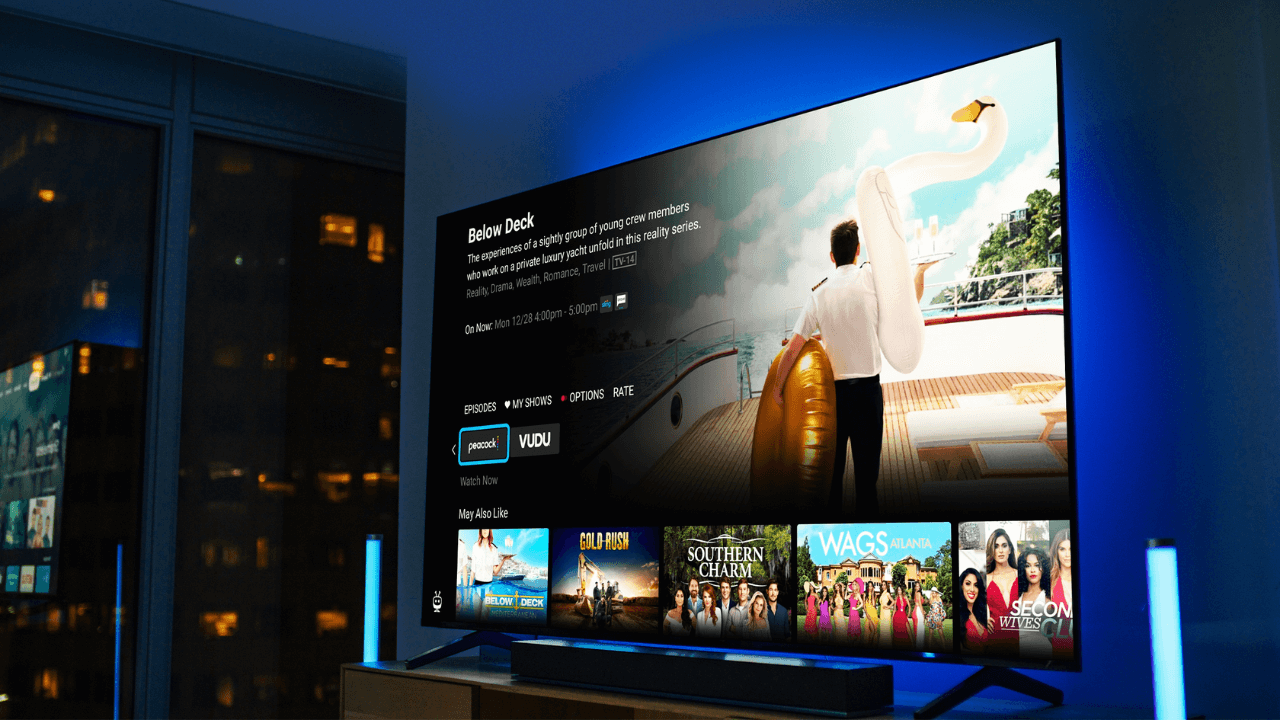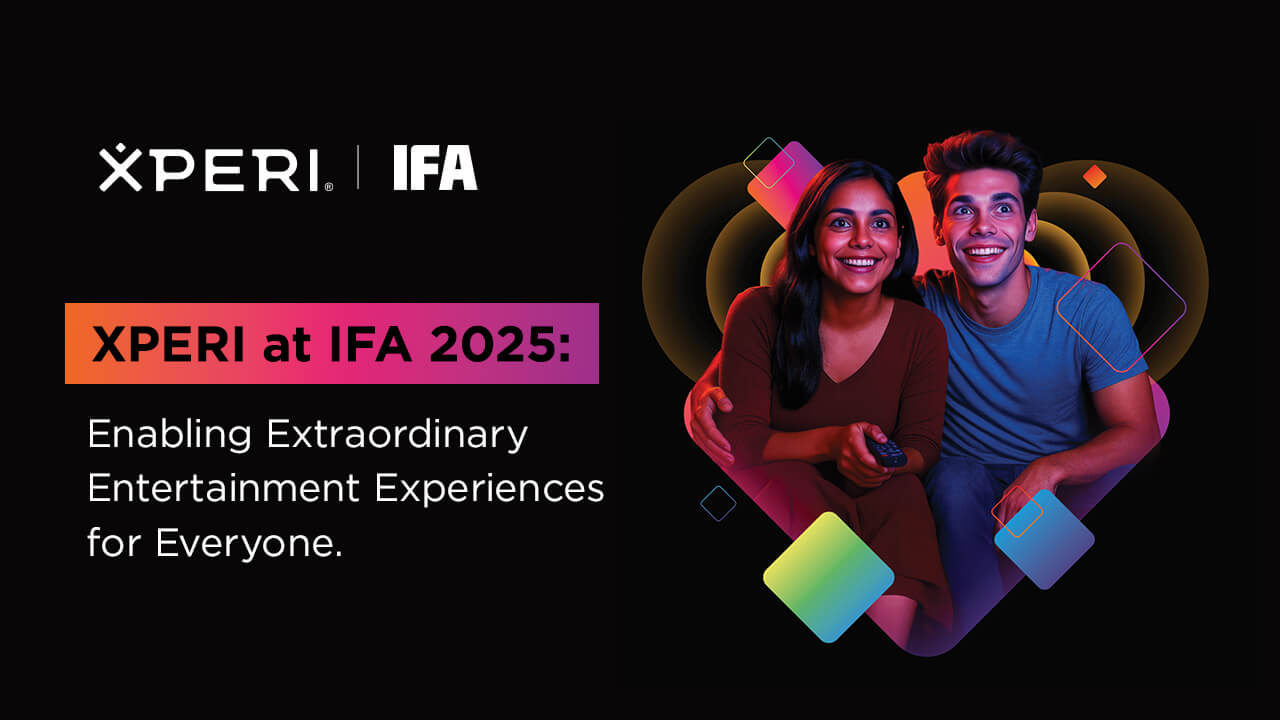In the highly competitive landscape of streaming services, revenue generation (and preservation) is a top priority for providers. While acquiring new customers is essential, it is becoming increasingly difficult given consumers already use 12 services on average — eight paid, four advertising-based video on demand (AVOD) or free ad-supported TV (FAST). As the acquisition of new customers becomes more difficult, companies must focus on retaining existing subscribers to stave off competitors and preserve revenue. That is why it is imperative to address the vital aspects of preventing churn and increasing engagement, highlighting the transformative impact of personalization throughout the customer lifecycle.
There are three stages of content personalization for users: onboarding, mid-life and end-stage.
Stage one: onboarding
The initial onboarding process plays a critical role in shaping a customer’s perception of the streaming service, but it can take time for a recommendation platform to create a customized experience. This delay often leads to churn. Understanding content preferences early on and personalizing based on those preferences can foster a stronger commitment from the viewer. Providers who use TiVo’s User Cold Start personalization technique have seen a 7% reduction in end-user churn within the first 30 days as a result.
Stage two: mid-life
As customers continue to use the service, we have found there are three attributes of particular importance:
- Holistic personalization
A common misperception among service providers is that by employing a ‘Recommended for You’ carousel in their experience, they’ve effectively personalized that experience. While this is a good start, it is simply not enough — the entire UI needs to be personalized to maximize the benefits. Which carousels show up for a given user, how they are ordered and the content within them are of utmost importance. We have seen a reduction in end-user churn by as much as 50% when personalization is employed holistically. - Advanced metadata
Does anyone actually like action movies? I do, but there are a LOT of action movies that I have zero interest in watching. So, I do not like action — I like a specific kind of action movie, presumably because there is something about that kind that appeals to me or it makes me feel a certain way. This is a notable example of how basic metadata can be too blunt. It is better than nothing, but not nearly as effective as using advanced metadata like TiVo’s Deep Descriptors. These are attributes like moods, tones and themes that try to convey how a given piece of content will make you feel. These attributes, when used to facilitate personalized recommendations, have been proven to increase conversion rates by up to 20%. More conversions mean more engagement and less proclivity to churn. - Voice
Integrating an advanced voice solution into the streaming service’s discovery experience has proven to be a game-changer, reducing churn rates by a stunning factor of thirty. By allowing users to easily navigate and find content through natural and intuitive voice commands, the overall user experience is enhanced, leading to greater satisfaction and the reduced likelihood of cancellation.
Stage three: end-stage
Identifying high-risk customers is a critical first step and can be accomplished via tools like the TiVo Insight Analytics churn prediction feature. By feeding behavioral information into AI models, it is possible to predict which customers will churn in the next 30 days with nearly 80% accuracy.
This in and of itself is powerful, but not terribly actionable — you know with a high degree of certainty who is about to churn, but what do you do about it? This is where the behavioral data is essential. By knowing which behaviors are leading a user to churn, you can take action to mitigate those specific behaviors. For example, if a user has a low effective catalog size, it is indicative of the perception that they have consumed all the content worth consuming on a given service. To combat this perception, a provider can shift their recommendations to be more suggestive or target them with an email letting them know about the content they are missing — increasing their awareness of it and the value they derive. By intervening with targeted recommendations, special promotions or personalized content, providers can re-engage users before they consider canceling their subscription.
The streaming industry is fiercely competitive. Personalization proves to be a driving force in preventing churn and increasing engagement. By integrating an advanced voice solution, adopting holistic personalization strategies, leveraging deep metadata and utilizing churn prediction features, streaming services can create a highly tailored and immersive experience for their customers. By doing so, these services can significantly impact their top and bottom lines, foster long-term customer loyalty and sustain revenue growth in the ever-evolving streaming landscape.
Stay up to date on the latest technology and insights from TiVo here.



